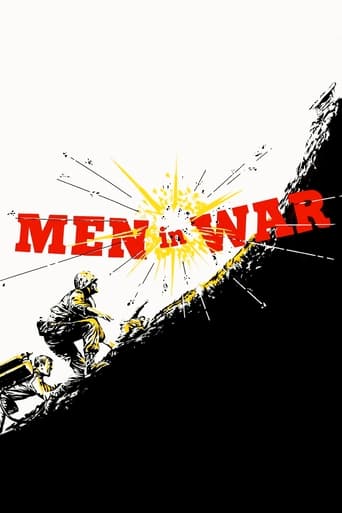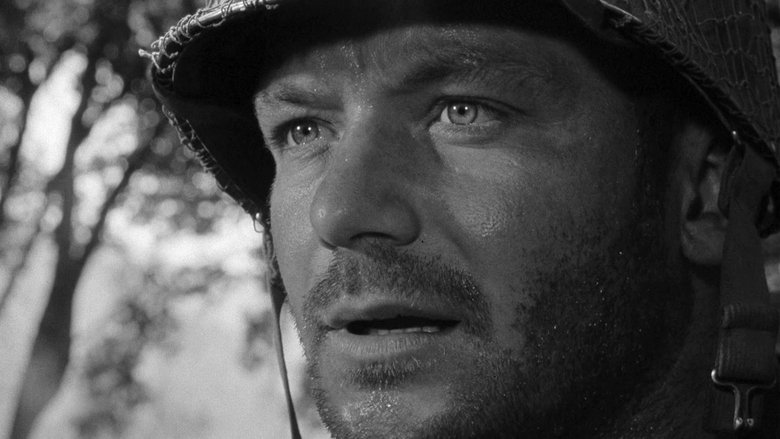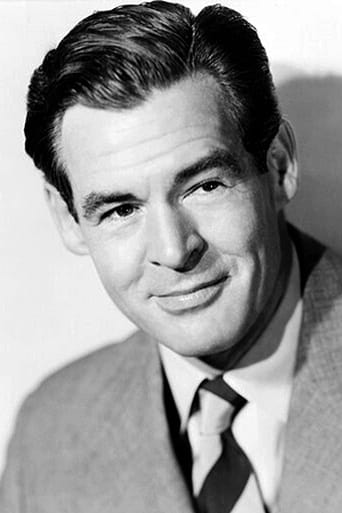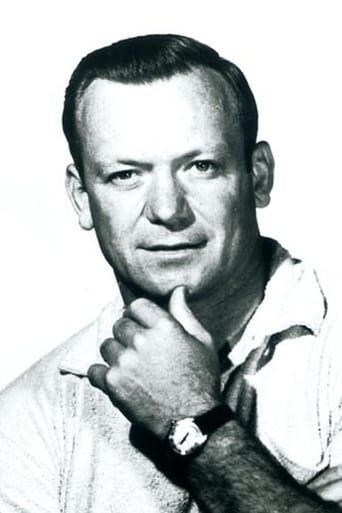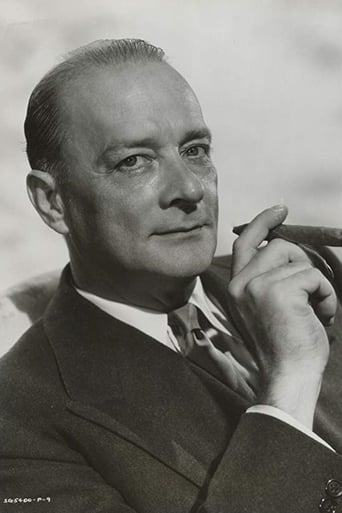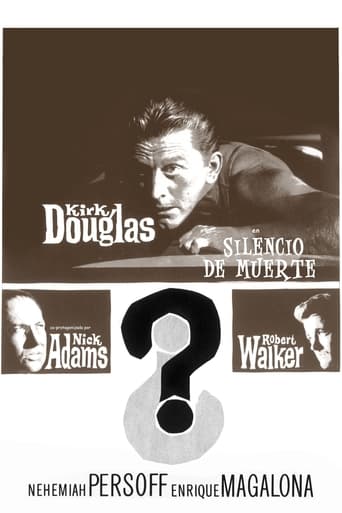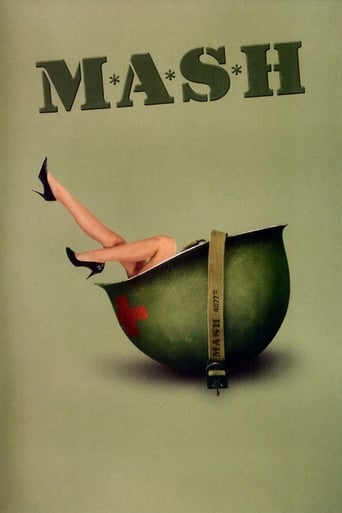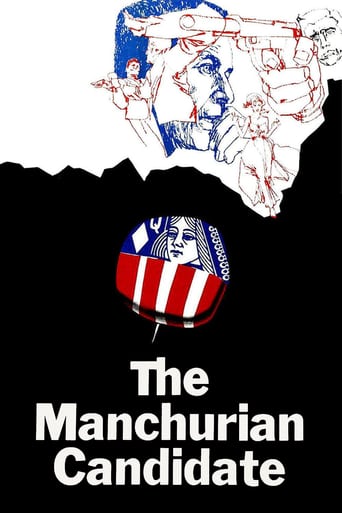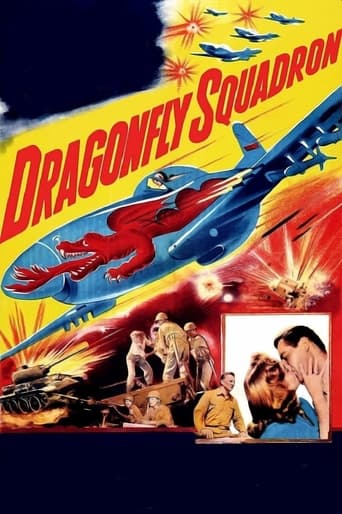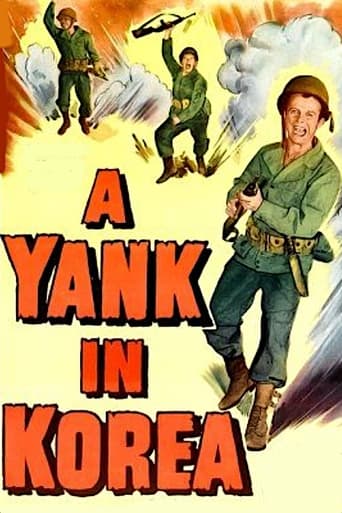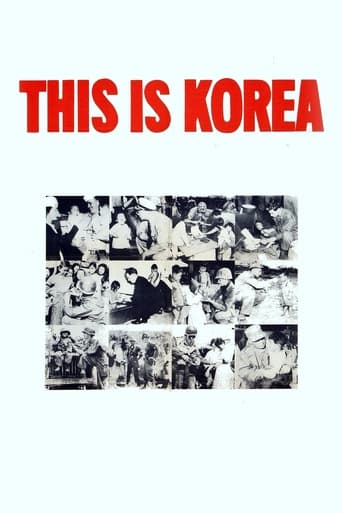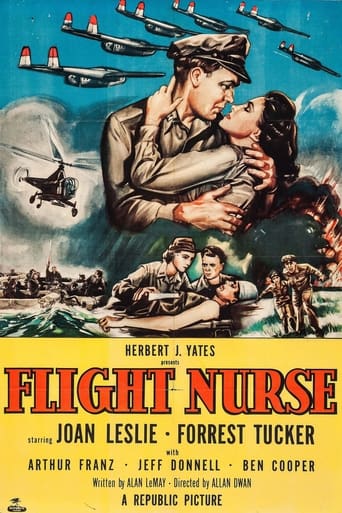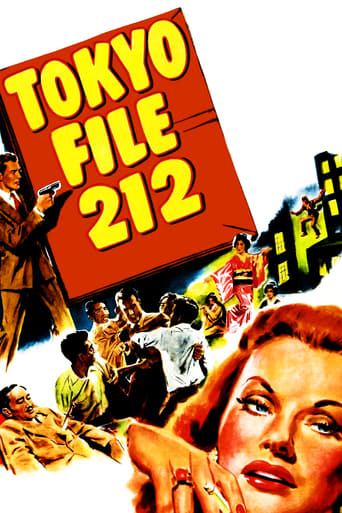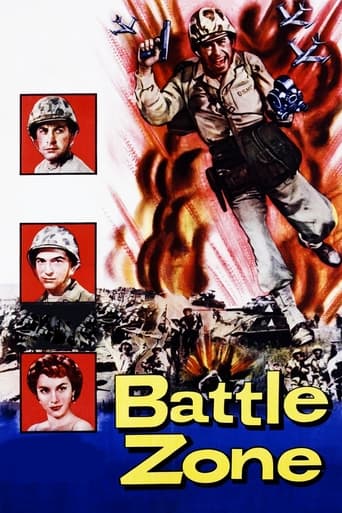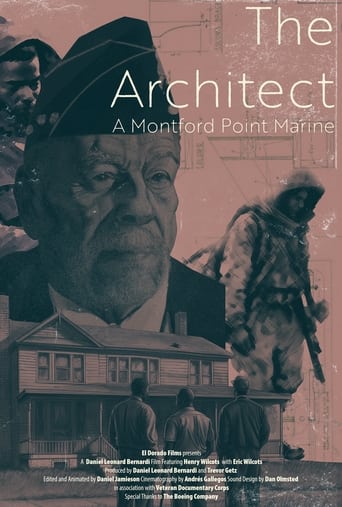Men in War (1957)
In Korea, on 6 September 1950, Lieutenant Benson's platoon finds itself isolated in enemy-held territory after a retreat. Soon they are joined by Sergeant Montana, whose overriding concern is caring for his catatonic colonel. Benson and Montana can't stand each other, but together they must get the survivors to Hill 465, where they hope the division is waiting. It's a long, harrowing march, fraught with all the dangers the elusive enemy can summon.
Watch Trailer
Cast


Similar titles
Reviews
Please don't spend money on this.
All of these films share one commonality, that being a kind of emotional center that humanizes a cast of monsters.
Unshakable, witty and deeply felt, the film will be paying emotional dividends for a long, long time.
The film's masterful storytelling did its job. The message was clear. No need to overdo.
This movie was standard fare on L.A. area TV when I was growing up and I once saw it with my dad who was a professional soldier and Korean War veteran. The unit depicted in this movie is the 24th Infantry Division, the same unit that my dad was a member of in the early days of the war. During the battle for Taejon the 24th Infantry Division lost over 4500 soldiers killed or missing in 3 days of fighting and my dad was lucky to get out alive. My dad was very quiet when we saw this movie and I have never had the nerve since to ask him what he thought about it. In my personal opinion as a professional soldier and combat veteran, as far as movies about the Korean War go, this one is as good as it gets. There are others such as "Porkchop Hill", "Fixed Bayonets" or "One Minute to Zero" that I would recommend, but none accurately depicts the desperation of the early days of the war when American soldiers were outnumbered and overwhelmed. This gritty war drama follows an infantry platoon with a vague mission to seize a hill, led by a platoon leader who is determined to follow those orders.In this movie, soldiers die horrible deaths, on both sides. A black soldier (James Edwards) left behind to cover the rear of the column is strangled by North Korean infiltrators. Three North Koreans disguised as Americans are mercilessly gunned down. When two of his soldiers are killed in a mortar barrage, the platoon sergeant (Nehemiah Persoff) loses it and cries, "they got them!" and runs toward them to be killed himself. A North Korean POW is gunned down by his comrades when he appeals to them to surrender. Death takes lives at every turn when you least expect it and the tension takes its toll. The incidents depicted in this movie really happen in war. Does anyone ever wonder why soldiers in combat are edgy and always in a bad mood? The soldiers are exhausted by lack of sleep, weary of danger, out of contact with higher headquarters and understrength for the mission they are assigned. This tension brings out conflicts between the men. Between MSG "Montana" (Aldo Ray) and the lieutenant (Robert Ryan), between the soldiers themselves and they ruthlessly take it out on the enemy.In a memorable performance, actor Robert Keith plays "the Colonel", a regimental commander who has a mental breakdown after the loss of so many of his soldiers. His portrayal is based on real incidents that happened early in the war when seasoned commanders, some who were WWII veterans, broke down when faced with the overwhelming loss of soldiers during the fighting. Darwinism plays a role in war by winnowing out the weak and incompetent. Throughout the whole movie the shell shocked Colonel has no dialogue until the very end. In the middle of the battle the "Colonel" regains his senses and competently joins his beloved soldiers in their last fight to the death. As he is dying he utters a single word to his faithful sergeant (Aldo Ray), calling him "son".These are not Hollywood dramatics. My wartime commander once told me that he saw me as his "son" until he got me home safe to my real dad. War creates a "brotherhood" between men that cannot be described to those who have never been there and this movie brings those relationships out.There are also leadership lessons to be learned in this movie. When the platoon leader expresses doubt to his radio operator (Philip Pine) that anyone else is alive in Korea, his radioman says he knows it, but to hear it from a commander he trusts shakes his faith. As a combat leader, you do not say anything that creates or confirms doubts in your soldiers. You lead the way despite your doubts or misgivings and inspire them to follow. There are too many other scenes to mention that are memorable. Vic Morrow plays a soldier who can barely hold it together emotionally, especially after Edward's character is brutally killed. Philip Pine plays a conscientious NCO whose faith in his platoon leader is unshakable.If anyone thinks this is war movie melodrama, then you've never seen real combat. America has forgotten what it is like to suffer mass numbers of casualties like we suffered during Korea or Vietnam. And just like before the Korean War when we thought "push button" warfare had replaced close infantry combat, we are in for a rude shock if we ever go to war against a determined and well equipped enemy like the North Koreans. This movie is a reminder of that.As in the lyrics of the closing theme, my dad remembers men he knew - LTC Otho Winstead, Chaplain Herman G. Felhoelter, MSG Robert Morrison, PFC Jaime Corona, MSG Leonard Talley and many others who did not come home - and to this day, I know that my dad still grieves for those friends he lost in that war fought so long ago.
Tough Korean War film about a platoon of US soldiers led by Robert Ryan who have to fight their way up an occupied hill in order to escape the encircling enemy. It looks like it was made in a dry canyon somewhere in Southern California, but, in spite of that, the excellent B&W photography help make this as gritty a Korean War film as you're likely to see. The film's emphasis on the characters is perhaps laid on a bit too much. Everyone seems to be a bit on the philosophically existentialist side, bringing the audience men in war rather than try to overly focus on battle scenes. In any event, the taking of the hill nicely combines both action and character along with staggering losses. Recommended for Ryan's part as the lieutenant who keeps the men as a viable fighting force up to the end.
See it – There haven't been many movies made about the Korean War. While "Pork Chop Hill" is an easy choice for number one, this Anthony Mann-directed psychological war movie may be number two. Starring Robert Ryan, the story focuses on a group of GI's transporting ammunition who get cut off from the rest of their regiment when their vehicle breaks down. As they make their way on foot to deliver the ammunition to the rally point, they encounter snipers, mines, and all the usual hardships of the footsoldier. Eventually they meet up with a hardened veteran whose experience may be just what they need to make it back alive and accomplish their mission. When a well-defended enemy hill is the only thing standing in their way, the men decide that despite being outnumbered, they have plenty of ammo to attempt an assault.
No director I know made the scenery as much a dramatic player as Mann did. Whether it was the West in the great Westerns he directed or the imaginary Korea of this movie, it seemed as though you were in the scene yourself watching from a tree. The movie is calm, almost contemplative, and even though you could argue the soldiers were stereotypes, they were so believable and so well acted, they seemed part of the scenery as well. The danger in the movie is everywhere and nowhere at the same time, and the men die as most men do in war, carelessly, and almost wastefully. The actors are superb, totally believable, and in the case of Robert Keith heart-breaking. I recommend this film to anyone, it's simply the best largely unknown war film ever.

